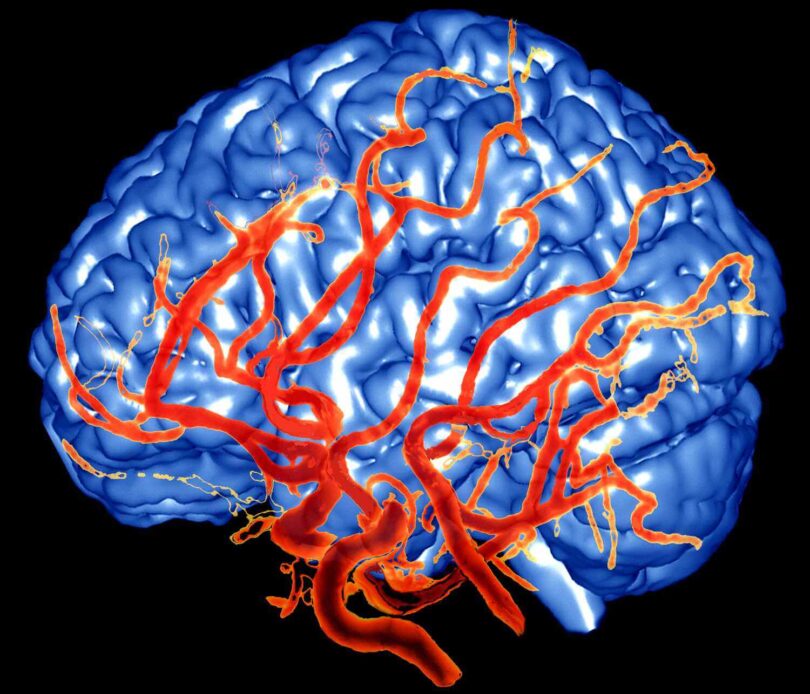Migraine is a neurological condition that can cause intense headaches. They’re often accompanied by other symptoms, such as:
- nausea and vomiting
- numbness
- speech problems
- sensitivity to light and sound
Migraine can be debilitating and interfere with your daily life. Many treatment options are available, including medications, lifestyle changes, and complementary therapies.
Beta-blockers are one of the preventive medication options for migraine. These types of drugs are typically prescribed to treat heart conditions. But, research has shown that some beta-blockers may prevent migraine.
RELATED: Migraine Symptoms
What are beta-blockers?
Beta-blockers are best known as a medical treatment for cardiovascular conditions, such as:
- high blood pressure (hypertension)
- stable or unstable angina
- congestive heart failure
Beta-blockers work by preventing the stress hormone adrenaline (epinephrine) from binding to beta receptors. This slows down your heart rate and lowers your blood pressure.
Side effects of these medications may include fatigue and dizziness, poor circulation, and sexual dysfunction.
There are several types of beta-blockers. Each type works in a slightly different way.
How do beta-blockers help migraine?
Beta-blockers were first introduced in the late 1960s and proved safe, inexpensive, and effective at treating heart conditions.
They were found to also help with migraine by accident. This happened when people who had been prescribed beta-blockers found that the drugs also alleviated their migraine symptoms.
It isn’t totally clear how beta-blockers help with migraine. They likely prevent migraine attacks and reduce symptoms in one or more of the following ways:
- Restrict blood flow in the brain. Beta-blockers reduce blood vessel dilation, which is known to contribute to migraine.
- Reduce nervous system electrical activity. Beta-blockers make the nervous system less excitable. They also suppress waves of electric currents that are thought to be a factor in migraine aura.
- Maintain brain serotonin levels. Fluctuations in serotonin levels are associated with migraine. Beta-blockers stabilize serotonin levels.
- Increase activity in the hypothalamus. The hypothalamus also plays a role in migraine activity. Beta-blockers may affect activity in this region of the brain.
- Decrease overall stress. Stress is a common migraine trigger. Beta-blockers may help reduce migraine frequency by reducing anxiety.
Beta-blockers are one of the first lines of treatment in migraine prevention, as they’re generally effective and have relatively mild side effects.
RELATED: Vestibular Migraine Triggers
Do some beta-blockers work better than others?
- propranolol
- atenolol
- metoprolol
- timolol
Among these, propranolol has been the most widely studied and appears to be the most effective.
Several studies included in the above-mentioned literature review reported that propranolol has the ability to reduce migraine headaches by 50 percent.
The same review reported that the following beta-blockers were no more effective than a placebo in treating these headaches:
- alprenolol
- bisoprolol
- oxprenolol
- pindolol
Are there side effects?
The most common side effects of beta-blockers include:
- fatigue and dizziness
- cold or tingling hands and feet
- sexual dysfunction
- weight gain
Less common side effects of beta-blockers include:
- shortness of breath
- depression
- insomnia
Beta-blockers can interact with other drugs, including:
- antidepressants
- cholesterol-lowering drugs
- insulin
Because beta-blockers can interact negatively with other drugs, it’s important that you provide your doctor with a complete list of the medications you’re taking.
RELATED: Symptoms of vestibular migraine?
It’s best to avoid drinking alcohol if you’re taking beta-blockers. Both alcohol and beta-blockers can lower your blood pressure. If you combine the two, your blood pressure could fall to a dangerously low level.

